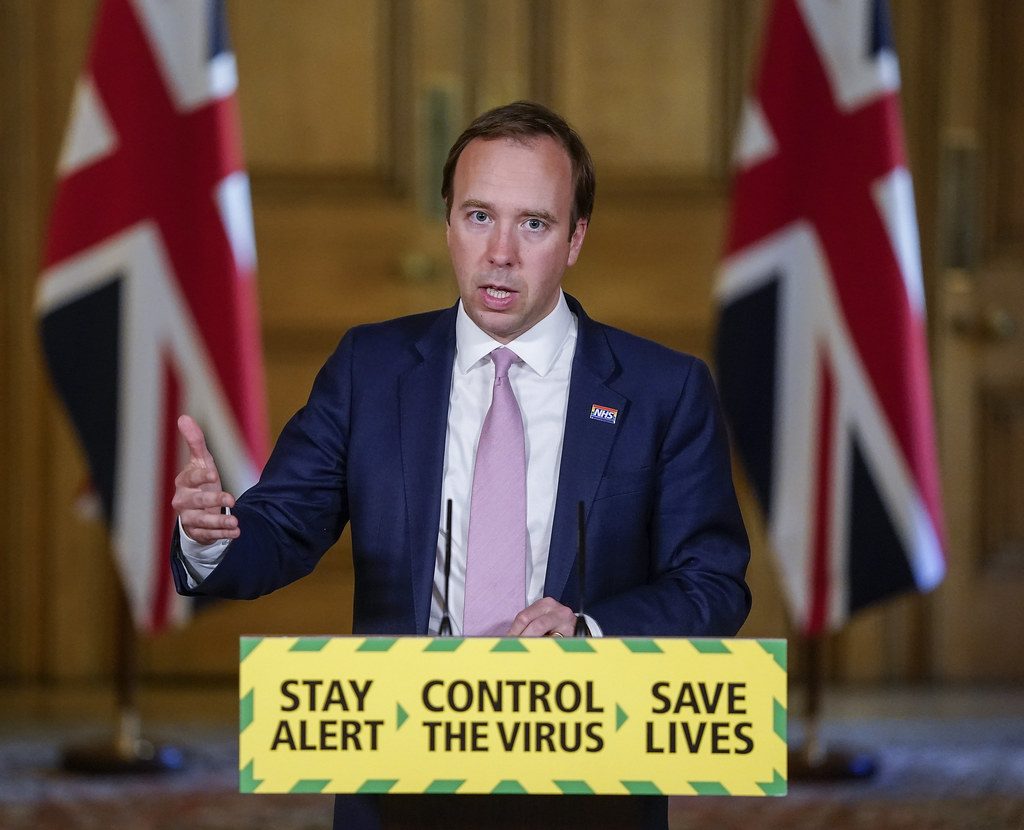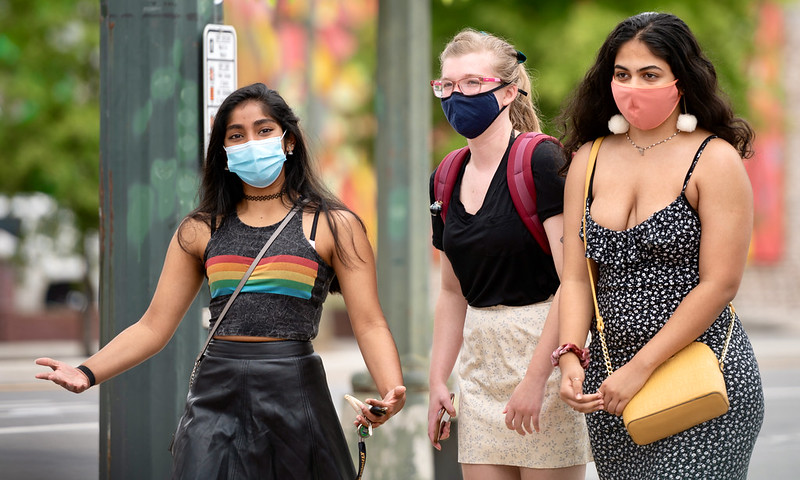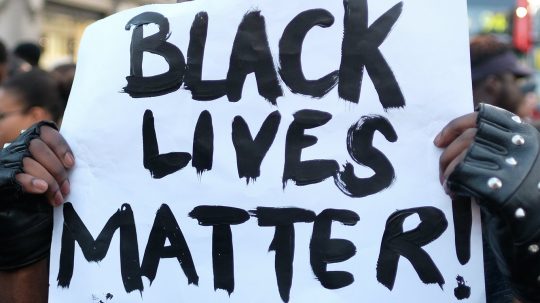Last week, the government extended the Coronavirus Act for a further six months as part of its bid to curb the Covid-19 pandemic. But what does this extraordinary law mean for you and your rights?
MPs voted to renew the coronavirus legislation, which was introduced in March, by 330 votes to 24 last Wednesday (30 September).
Ultimately, this Act grants the government unprecedented emergency powers in a range of sectors aimed at limiting the spread of coronavirus, including measures affecting individual freedoms, police powers and adult social care.
However, a number of MPs – including Conservative backbenchers – have voiced their concerns over a lack of parliamentary scrutiny regarding the Act, with their worries reiterated during the 90-minute debate last week. Commons speaker Sir Lindsay Hoyle, meanwhile, said that the way the government had exercised its powers to make secondary legislation had been “totally unsatisfactory”.
While Labour did not block the renewal of the Act, a spokesperson for the party said that it did so with a “heavy heart” because of the need for the government to have “extraordinary powers” available during the pandemic.
Previous concerns from MPs over the draconian measures led to the government amending the Coronavirus Bill in March, before it was made into law, resulting in a requirement for the Act to be reviewed every six months – as it was last week – during its two-year time limit.
In a bid to appease concerned MPs, health secretary Matt Hancock said that the government would consult parliament over “significant national measures” considered to tackle the pandemic, adding that MPs would be able to vote on such regulations “wherever possible”.

Health secretary Matt Hancock has said that the government would consult parliament over “significant national measures”. Credit: Flickr/Number 10
Human rights groups have also expressed concern over the Coronavirus Act, with Liberty saying that the law “strips away our civil liberties“.
The Coronavirus Act is just one of a number of new laws that the government has introduced in response to the Covid-19 pandemic, with ministers facing criticism as this increasingly complicated patchwork of coronavirus regulations continues to grow in number.
Also last week, a new law regarding self-isolation requirements came into force, with fines of up to £10,000 for individuals who do not comply.
Indeed, parliament’s joint human rights committee has warned that complexity and ambiguity around what is and isn’t lawful threatens to undermine Article 7 of the Human Rights Act, which requires laws to be sufficiently clear for a citizen to know what is and isn’t criminal behaviour.
Below, EachOther takes a look at some of the key things you should know about the renewed Coronavirus Act.

Police can detain ‘infectious persons’ under the renewed Coronavirus Act. Credit: Flickr/Ian Britton
Police can detain ‘infectious persons’
Perhaps the most controversial part of the Act is the powers it grants police, immigration officers and public health officials to arrest people deemed infectious. They can then be placed in isolation and sent to be tested. People who fail to do so can be fined up to £1,000.
A “potentially infectious” person is defined as someone who “is, or may be, infected with coronavirus” or who has been in “an infected area within 14 days”.
This provision impacts on our right to liberty – protected by Article 5 of the Convention of Human Rights. However this is a qualified right that public authorities can take proportionate steps to interfere with to protect public health.
The European Court of Human Rights has said that a person can lawfully be detained to prevent the spread of disease when it is clear there is:
- a danger to public health or safety
- detention is a last resort
- less severe measures proved insufficient
The government already has some powers to this effect from the Public Health (Control of Disease) Act 1984. This includes quarantine, detention and compulsory medical examination although there is stricter time-limits for their use.
The Coronavirus Act could also restrict our movement in other ways, allowing the government to shut down airports and ports. This could have a knock-on effect on our right to a family life – with loved ones unable to see each other. But, again, the right to family life can be interfered with to protect public health.
Mass surveillance powers
The Act makes provisions for the government to appoint “temporary judicial commissioners,” who oversee the surveillance activity of intelligence agencies.
It also increases the time limit for which urgent warrants for surveillance must be reviewed from three days to 12. The government has said that this is “critical” for “national security”.
Under the Act, public authorities can take proportionate steps to interfere in our right to privacy if necessary to protect national security.
Despite this, British civil liberties organisation Big Brother Watch has previously warned that the Act appears to “weaken safeguards on mass surveillance powers”, which would impact on our right to privacy and data rights.

Adult social care is impacted by the Coronavirus Act. Credit: Flickr/Scottish Government
Adult social care is impacted
The Act temporarily suspends local authorities’ legal duty to meet the care needs of all people who are eligible under the Care Act 2014.
Instead, councils will have a duty to provide care only if necessary to avoid breaching a person’s rights under the Convention of Human Rights (ECHR).
Labour’s shadow health secretary, John Ashworth, has warned that this change “downgrades” the level of support which local authorities are legally obliged to provide older and disabled people.
“In short, this means they will only be entitled to social care to keep them alive and uphold their right to privacy and family life,” Ashworth said in March.
He called for the Equality and Human Rights Commission (EHRC) to be tasked with overseeing the impact this has on social care provision.
There is no human right to social care under the Convention of Human Rights – but there are relevant rights such as the rights to life, privacy and the right not to be discriminated against.
The right to have access to “in-home, residential and other community support services” is protected by the UN Convention of the Rights of Persons with Disabilities. But this has not been enshrined in domestic law and so cannot be enforced in UK courts.
Mental Health Act protections weakened – and time limits removed
The Act also weakens safeguards for detaining people under the Mental Health Act 1983, according to the British Institute of Human Rights (BIHR).
Only one doctor will be needed to sign off whether a person is sectioned – where currently there must be two.
The Act also allows for “the extension and removal of time limits in mental health legislations”.
According to the BIHR, this means that “people may be released into the community early (without the right support) or find themselves detained for longer than necessary.”
Main Image Credit: Flickr/Bill Dickinson





